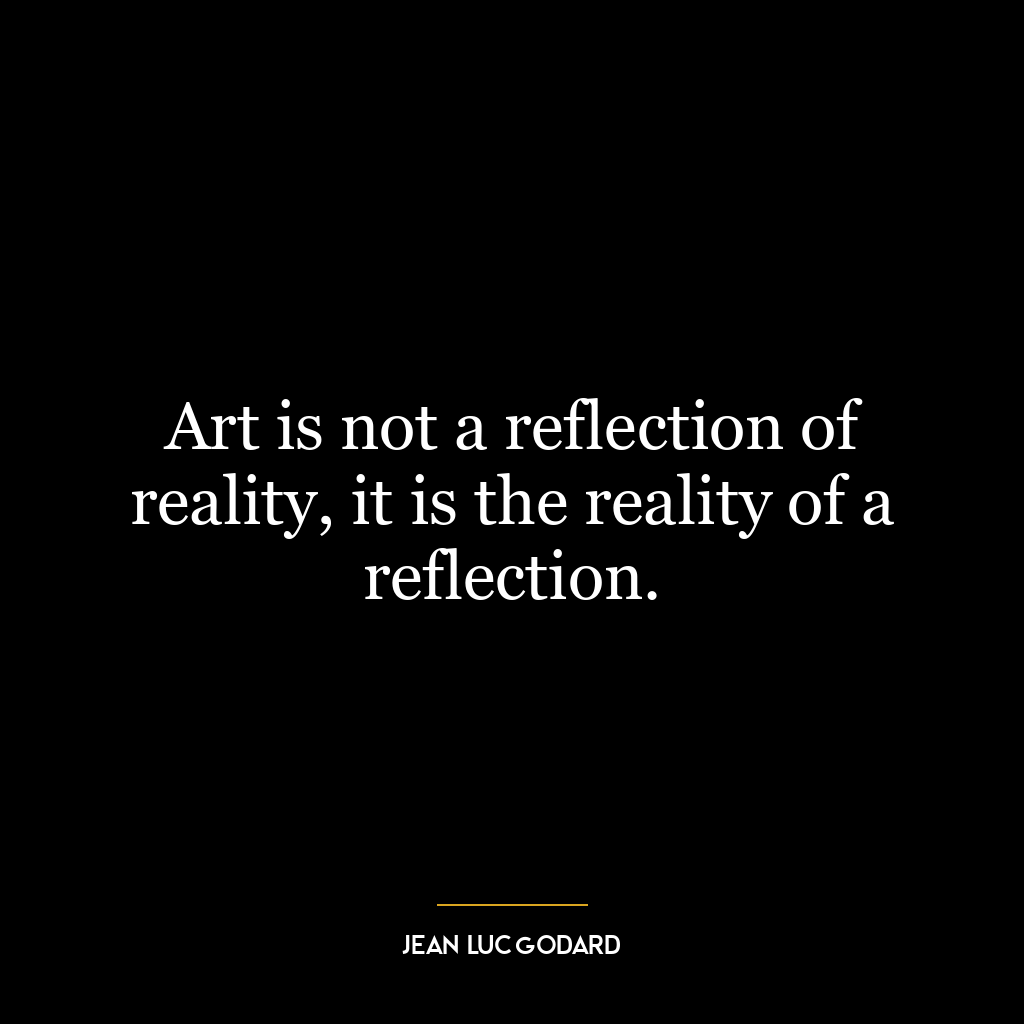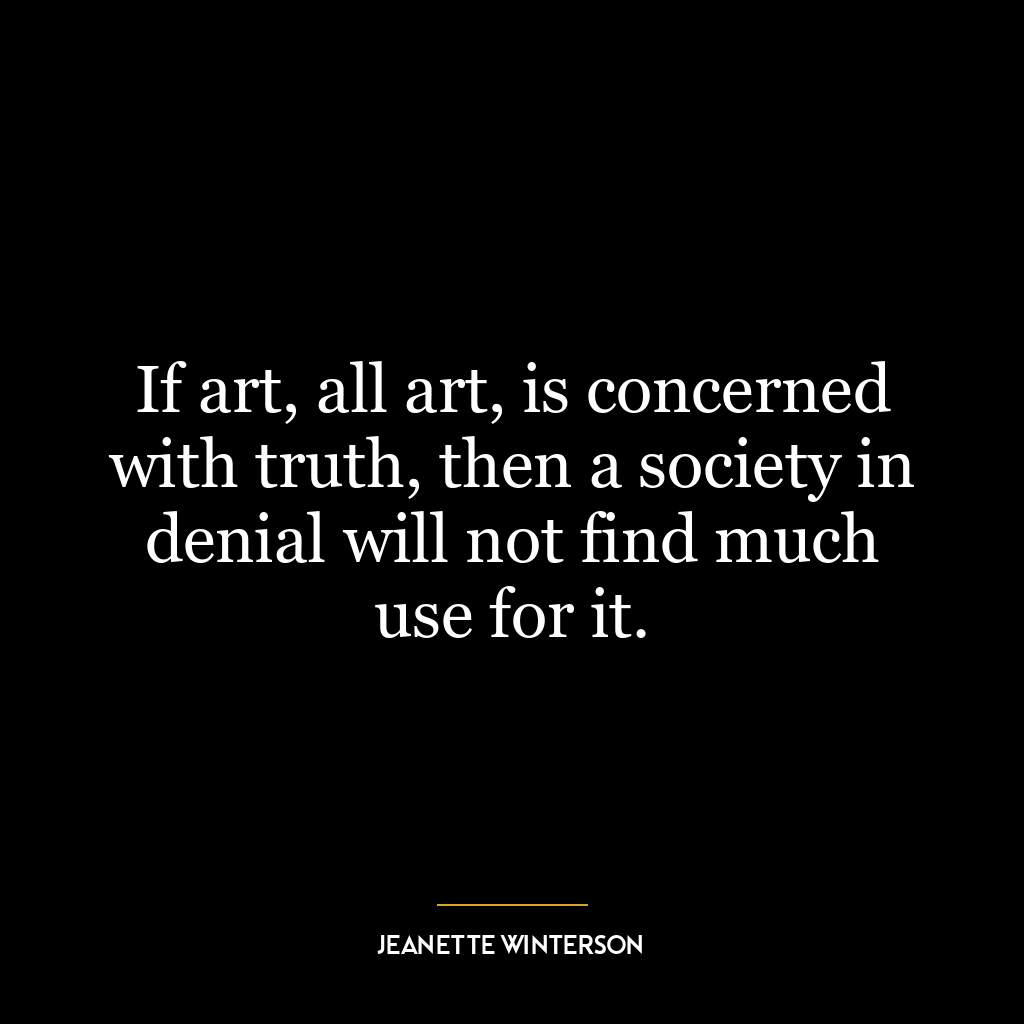Many errors, of a truth, consist merely in the application of the wrong names of things.
Baruch Spinoza’s quote, "Many errors, of a truth, consist merely in the application of the wrong names of things," suggests that misunderstandings and mistakes often arise not from the inherent nature of things, but from the incorrect labels, definitions, or descriptions we assign to them. This implies that language and communication play a significant role in how we perceive, understand, and interact with the world around us.
In essence, Spinoza is highlighting the importance of semantics and the power of language. When we mislabel or misname something, we alter its perceived reality and can potentially lead to misconceptions or errors. For instance, if we label a person as ‘lazy’ without understanding the underlying causes of their behaviour (like health issues or lack of motivation), we might judge them unfairly and respond inappropriately.
This idea has significant implications in today’s world, particularly in the fields of communication, education, and personal development. In communication, it emphasizes the importance of clarity and precision in language to avoid misunderstandings. In education, it underlines the need for accurate and comprehensive definitions to facilitate proper understanding and learning.
In terms of personal development, understanding this concept can lead to greater self-awareness and empathy. By recognizing that our perception of others and ourselves can be influenced by the labels we use, we can strive to look beyond surface-level definitions and seek a deeper understanding of individuals and situations. This can help us avoid hasty judgments, improve our relationships, and foster personal growth.
Moreover, in a world where information is abundant and easily accessible, this quote reminds us to be critical of the information we consume. Not everything labeled as ‘fact’ is necessarily true, and not everything labeled as ‘fake’ is necessarily false. It encourages us to question, investigate, and form our own understanding, rather than accepting things at face value.













